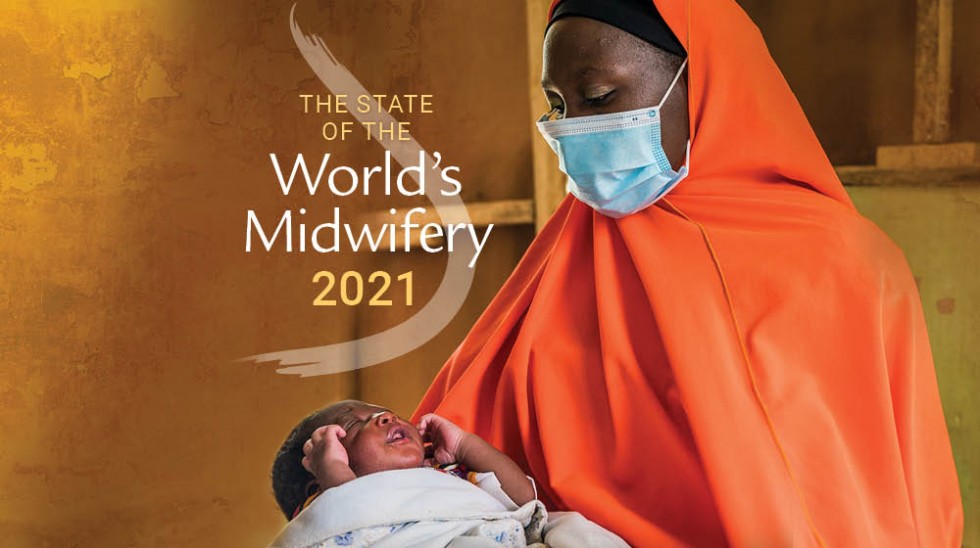The world is currently facing a shortage of 900,000 midwives, which represents a third of the required global midwifery workforce, says the 2021 State of World’s Midwifery report.
The report was jointly released on Wednesday, by the World Health Organisation (WHO), United Nations Population Fund (UNFPA), and the International Confederation of Midwives (ICM).
The report, which evaluates the midwifery workforce and related health resources in 194 countries, was released in commemoration of the International Day of the Midwife celebrated on May 5.
According to the report, the acute shortage of midwives was exacting a terrible global toll in the form of preventable deaths.
“The COVID-19 crisis has only exacerbated these problems, with the health needs of women and newborns being overshadowed, midwifery services being disrupted, and midwives being deployed to other health services,” it said.
Investing in midwives by 2035 would avert two-thirds of maternal, newborn deaths and stillbirths, saving 4.3 million lives annually, the report said.
It noted that in spite of warnings raised in the last State of the World’s Midwifery report in 2014, which also provided a roadmap on how to remedy the deficit, progress over the past eight years had been slow.
“The analysis in this year’s report shows that, at current rates of progress, the situation will have improved only slightly by 2030,” it said.
The report blamed gender inequality as an unacknowledged driver in this massive shortage.
Similarly, the continued under-resourcing of the midwifery workforce was a symptom of health systems not prioritising the sexual and reproductive health needs of women and girls and acknowledging the role of midwives to meet these needs, the report also said.
“Women account for 93 per cent of midwives and 89 per cent of nurses. Midwives do not just attend to births. They also provide antenatal and postnatal care and a range of sexual and reproductive health services.
“This includes family planning, detecting and treating sexually transmitted infections, and sexual and reproductive health services for adolescents, all while ensuring respectful care and upholding women’s rights,” it said.
The report emphasised that as numbers of midwives increase, they would be able to provide care in an enabling environment, improve women and newborns’ health to benefit all in the society.
It further noted that for midwives to achieve their lifesaving and life-changing potential, greater investment was needed in their education and training, midwife-led service delivery, and midwifery leadership.
Governments must, therefore, prioritise funding and support for midwifery and take concrete steps to include midwives in determining health policies.
Dr Tedros Ghebreyesus, WHO, Director-General, said that midwives play a vital role in reducing the risks of childbirth for women all over the world, adding that many of them had been exposed to risk during the COVID-19 pandemic.
“We must learn the lessons the pandemic is teaching us, by implementing policies and making investments that deliver better support and protection for midwives and other health workers,” he said.
Ghebreyesus said that the report provides data and evidence to support WHO’s longstanding call to strengthen the midwifery workforce, noting that strengthening the midwifery workforce would deliver a triple dividend in contributing to better health, gender equality and inclusive economic growth.

 Comments and Issues1 week ago
Comments and Issues1 week ago
 Education1 week ago
Education1 week ago
 Comments and Issues1 week ago
Comments and Issues1 week ago
 Energy1 week ago
Energy1 week ago
 Comments and Issues7 days ago
Comments and Issues7 days ago
 Comments and Issues6 days ago
Comments and Issues6 days ago
 Football1 week ago
Football1 week ago
 Health5 days ago
Health5 days ago

